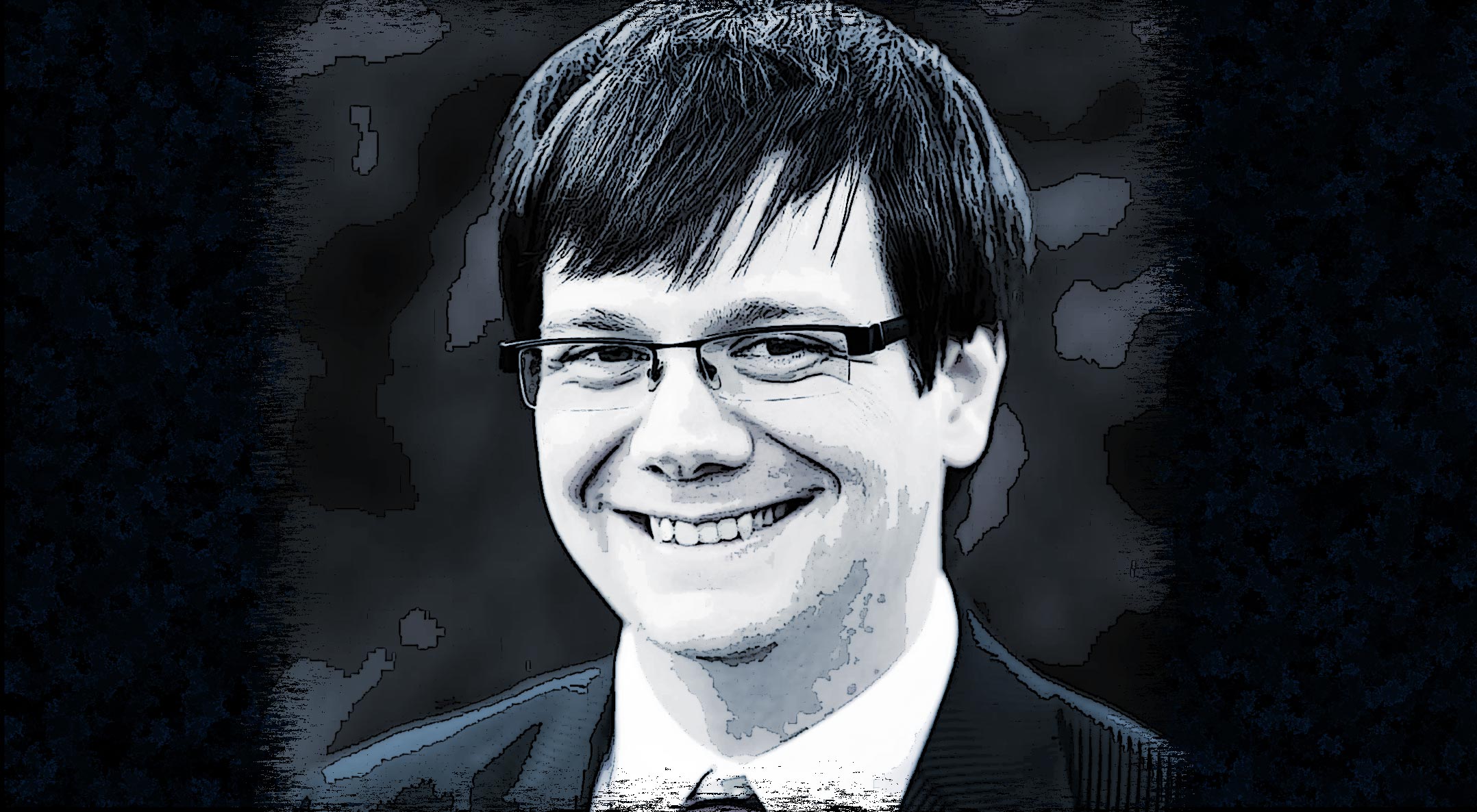 The quest for literary gold continues, and this time we have the pleasure of sharing the mic with Guest Host (and confessed “binge pantser”) Nathan Lowell. Joined by writer Tristan Gregory sharing an epic scifi story idea, the dialog spans such intriguing topics as aliens embodying the human condition, pacing, and finding the smaller story. (And don’t miss Nathan’s Showcase Episode)
The quest for literary gold continues, and this time we have the pleasure of sharing the mic with Guest Host (and confessed “binge pantser”) Nathan Lowell. Joined by writer Tristan Gregory sharing an epic scifi story idea, the dialog spans such intriguing topics as aliens embodying the human condition, pacing, and finding the smaller story. (And don’t miss Nathan’s Showcase Episode)
PROMO: The Flash Pulp Podcast – http://flashpulp.com/
Workshop Episode 2 (Guest Host: Nathan Lowell)
[warning: contains mature language]
Podcast: Download (Duration: 55:36 — 50.9MB)
Subscribe: RSS
Hey! You can check it out on iTunes, too!
REFERENCED
Coming soon… the sequels to Ravenwood, The Tanyth Fairport Adventures (iTunes and Amazon)
Zypheria’s Call (Book 2) – end of March, 2012
Hermit of Lammas Wood (Book 3) – July, 2012
Full Share (A Golden Age of the Solar Clipper book by Nathan Lowell)
Mythic Scribes – An online co9mmunity of fantasy writers and fans
By Tristan Gregory
“The Three Fingers of Death” – (View)
“The Swordsman of Carn-Nebeth” – (View)
“Le Morte d’Arthur” – (View)



That was great! I’m buying Ravenwood right now. Yeah for the crones!
I bet the hardest part for the guest hosts is to listen for the five to eight minutes without saying anything. You guys all did a great job though, and I think your guest writer is on the right track.
My advice, if his main character’s arc is focused on the transformation into a new species, is to show this character’s identity crisis/cultural confusion in this first book. The theme could be how people try and be something else instead of embracing who they are. I wonder if once he transforms, he then sees his people and has this tragic fear that he can never be like them/never fit in. He could realize through some loving creature of his original species, that he can still be loved/accepted/appreciated for his sacrifice for this nearly extinct species that he transformed into… then somehow bring it all back to the planet that he started at and make that space station the center of conflict. At first, the station seems to have [insert plausible reason for its existence, but which isn’t that threatening to his values] but in the end, he finds out that this station is really either a connection to or the source of the ultimate conflict.
One way to show this species (speaking chewbaccas)as sympathetic is to have him deal with how he doesn’t seem to fit. “I’m this, they’re like that…” “I don’t fit in because I do this, and they do/are like that…”
Hope this helps. Keep up the great work guys. I’m finding the advice applies to my own understanding of writing even though these stories aren’t mine. Very entertaining and educational.
It’s been awhile since the episode, but thanks for the suggestions, Tim! Bringing the action back to Proto’s homeworld is an excellent idea (I should have thought of that).
I am not certain on my timetable, but I aim to be the first on the Roundtable Success Story page. Current goal is to write this book (or at least the first book) by the end of the year. Hopefully earlier.
I just listened to this episode today, and I’m really surprised that when you all were looking at the “why is the star port on the planet” question, you missed the really obvious answer. All of you focused on industrial production and mineral wealth, but there is a lot more value in a biosphere.
I would suspect that the spaceport was originally put in to allow botanists to examine the indigenous plant and animal life. While alien species may not effect each other directly, they could be very useful in a society based on bio-technology. Just think about the many uses of yeast. Imagine finding a species that would turn your race’s waste products into usable substances. There are fortunes to be made in bio-tech, but lots of research is needed.
But the obvious export of the planet? The reason why the space port keeps getting funded? Its people. You’ve already established that as hunters and warriors, Proto’s people are much sought after as galactic mercenaries. The traits that make them good mercenaries make them bad slaves, so you can’t just pick up a community and raise your own army. The social dynamics of Proto’s people make them unlikely to leave, with the sole exception of the outcasts. These outcast are desperate to find something to belong to, and will serve a merc troop loyally. Once one of Proto’s people forms a bond, they won’t switch sides unless they are betrayed, or unless they outlive their troop. So someone is keeping the spaceport going by getting the Merc troops to pay to have a chance at recruiting the locals. Because whomever gets to them first, has them for life.
The planet’s main export, is people.
Doc
Just found this podcast, and I am enjoying it. I am going to disagree on one point. On the topic of “You can’t have a story without humans”, not only can it be done it has been. “Bug Wars” by Robert Asprin is a space opera of “Lizardmen” vs “Insect races” which actually has a lot of similar themes to Tristan Gregory’s Proto-story.
Hey Peter! Glad you found us (and gladder that you’re enjoying it). 🙂
You’re right… it has been done before, though I hadn’t heard of Robert Asprin’s “Bug Wars” (which is a crime that you have rectified, ’cause I LOVES me some Asprin). I know Tristan will appreciate the reference.
I think what we were getting at (and none too clearly) was that, as our readers will be human, the story needs to be relatable by human sensibilities. We’ve all seen/read alien cultures that are comfortably accessible in SF and Fantasy and others that aren’t.
The latter are usually the villains of the piece (Ridley Scott’s “Aliens” cycle comes to mind). I couldn’t imagine a novel with an Alien as the primary character. It would be a challenge to be sure, and I would think the only hope of success would be (again) to bring it into the human sphere of perception.
As readers I think we prefer to be able to relate to our protagonists… their race or species is irrelevant, but their “humanity” isn’t.
I’m curious now… does that apply to Asprin’s “Bug Wars” or am I off base with my assumptions?
In “Bug Wars” the main characters are “Lizardmen” who are in an intergalactic war against Insect Races (so bugs are still the bad guys). There are no humans in the book at all, in fact a character at one point speculates that mammals probably aren’t capable of evolving into sentience.
I’ll have to look that story up!
As Dave said, and I will try to explain further: The problem Nathan foresaw was not with ‘extraterrestrials’ as in species not from this planet, but with ‘aliens’ as in creatures we could not understand or relate too.
The real trick with my book will be to try and create aliens that are a bit of both, especially with the protagonist. They need to feel different and out-of-this-world, while still having enough of the ‘human condition’ in them to make reading about them worthwhile.
@Dave, vis a vis an Alien (xenomorph) as a character: Have you ever played the Aliens Vs. Predators games, expecially the second one? AVP II let you play as human, xenomorph, and predator, and I very much ‘submerged’ myself in all three. As a human you feel scared and hunted, as a xenomorph you don’t feel fear cuz you’re a vicious little beast, and as a predator you pretty much feel like an unstoppable god-like badass.
It’s hard to find your page in google. I found it on 15
spot, you should build quality backlinks , it will help you
to increase traffic. I know how to help you, just search in google – k2 seo tricks